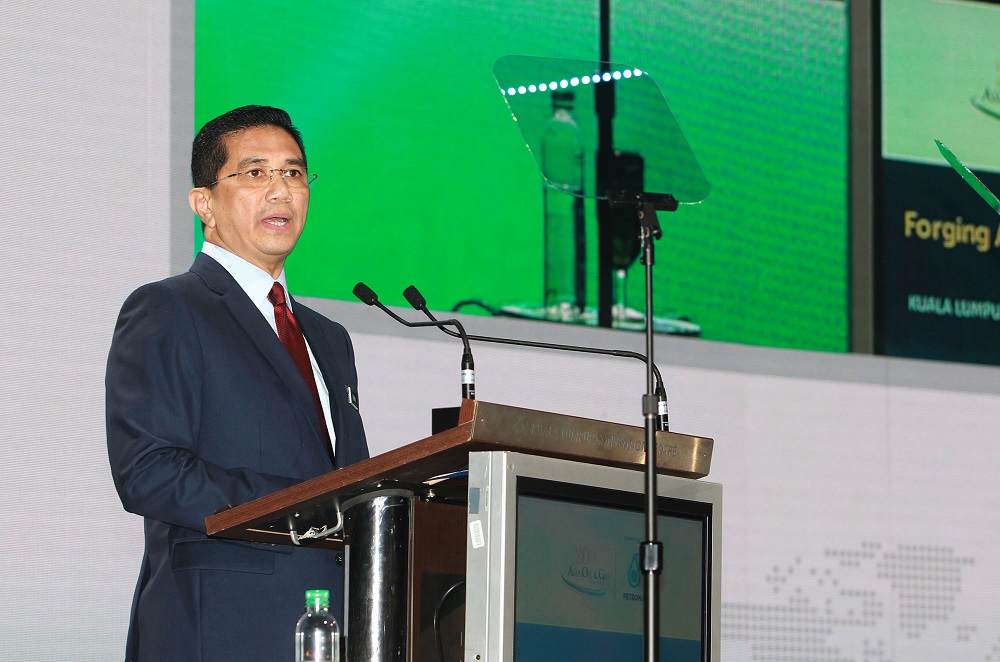
KUALA LUMPUR (Oct 7): Shared Prosperity Vision 2030 (SPV 2030) is aimed to further grow economic complexity and propel the nation towards high value-added economic activities, said Minister of Economic Affairs Datuk Seri Mohamed Azmin Ali.
In his keynote address during the Khazanah Megatrends Forum 2019 here today, Azmin said the government's concern is no longer gross domestic product alone, but also poverty and the widening wealth disparities.
He noted the SPV 2030 will ensure the equitability of outcomes for all Malaysians, by placing the prosperity and wellbeing of its people at the forefront of its development policies.
"We cannot settle for trickle-down economics which to my mind is effectively 'leftover economics' benefiting only a few at the expense of the majority or average citizens let alone the low-income group," said Azmin.
There are three core objectives for this vision:
● To restructure the Malaysian economy to be more progressive, knowledge-based and high-valued with full community participation at all levels.
● To spur growth to address economic disparities across income groups, ethnicities, regions and supply chains to protect and empower the rakyat in ensuring that no one is left behind.
● To be developed as a united, prosperous and dignified nation, subsequently becoming an economic centre of Asia.
Additionally, Azmin said the government is committed to a more inclusive growth model that would take care of the well-being of all the rakyat, more so the less fortunate and the poor, be it rural or urban.
However, in order to gain the modern-day distributive justice, the government could not ignore the prerequisites, which is to grow and improve the economy so that all Malaysians can enjoy the prosperity of the nation fairly, he noted.
Moreover, Azmin said the government needed to prepare the existing industries in adapting to tech disruption and re-examine supply chains, to ensure profit is not only gained by large monopolies.
"While we have ambitious plans of pursuing high growth industries, we also need to equip our human capital with the necessary know-how and create talent pools to support these pursuits.
"Only 27% of employment is high-skilled whereas only 60% is semi-skilled and the remaining 13% are low-skilled. The lower-skilled jobs will suppress the average wages," he added.
Hence, the challenge is to improve wage growth to upgrade living standards for the rakyat, he said.
Last Saturday, the Prime Minister had launched the Shared Prosperity Vision 2030 blueprint.
TOP PICKS BY EDGEPROP

Bandar Puncak Alam
Bandar Puncak Alam, Selangor
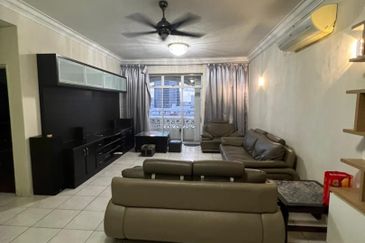
Pangsapuri Orchid View Luxury Apartment
Johor Bahru, Johor
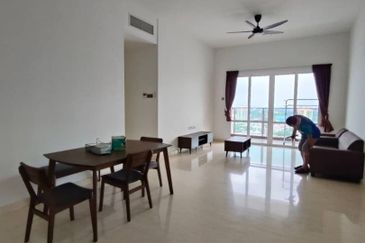
TriTower Residence @ Johor Bahru Sentral
Johor Bahru, Johor

Taman Bukit Indah @ Iskandar Puteri
Johor Bahru, Johor

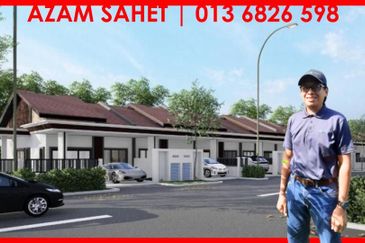

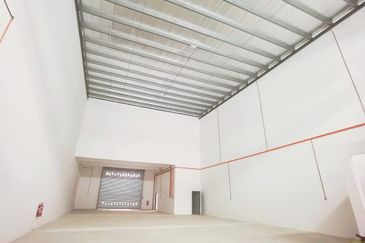
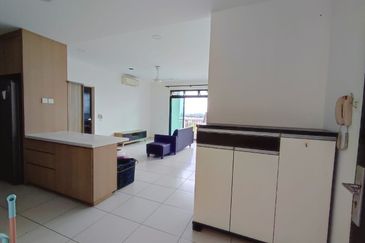



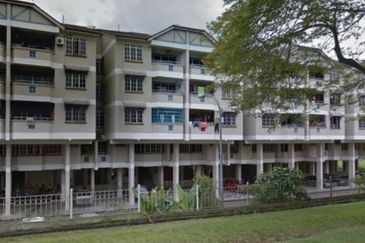
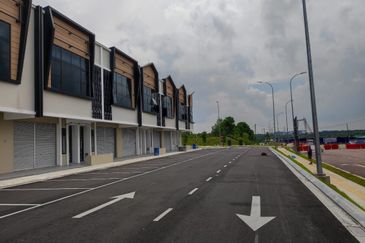
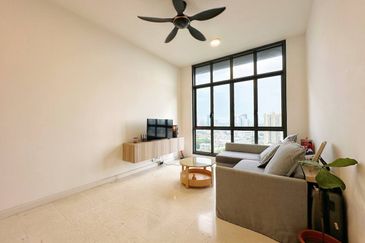
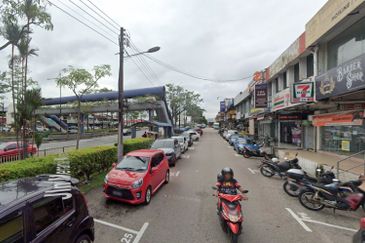

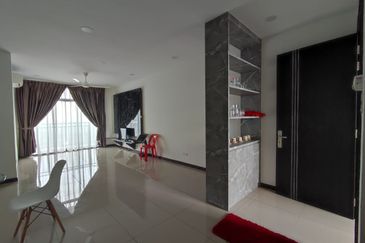

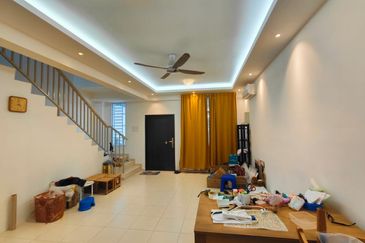

hero.jpg?GPem8xdIFjEDnmfAHjnS.4wbzvW8BrWw)



